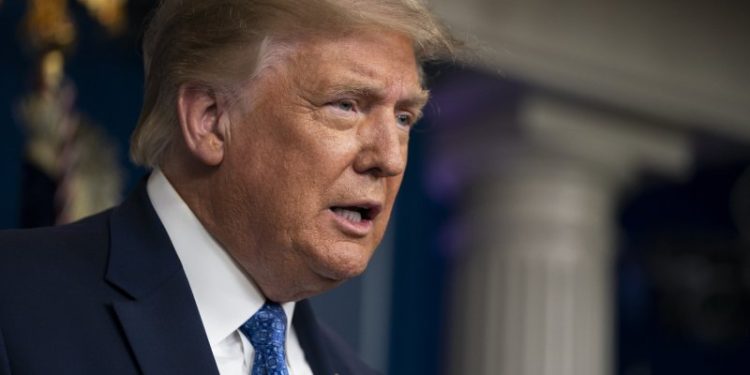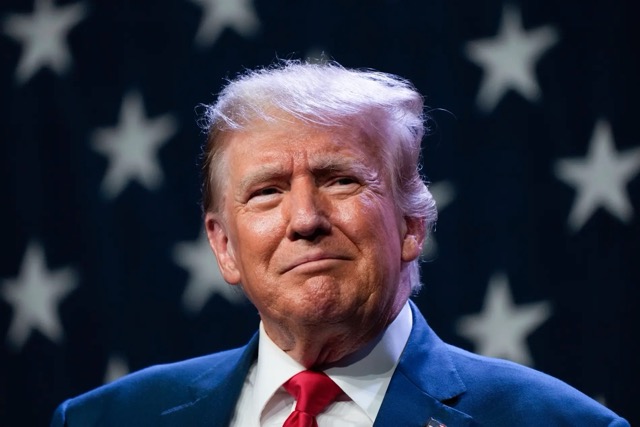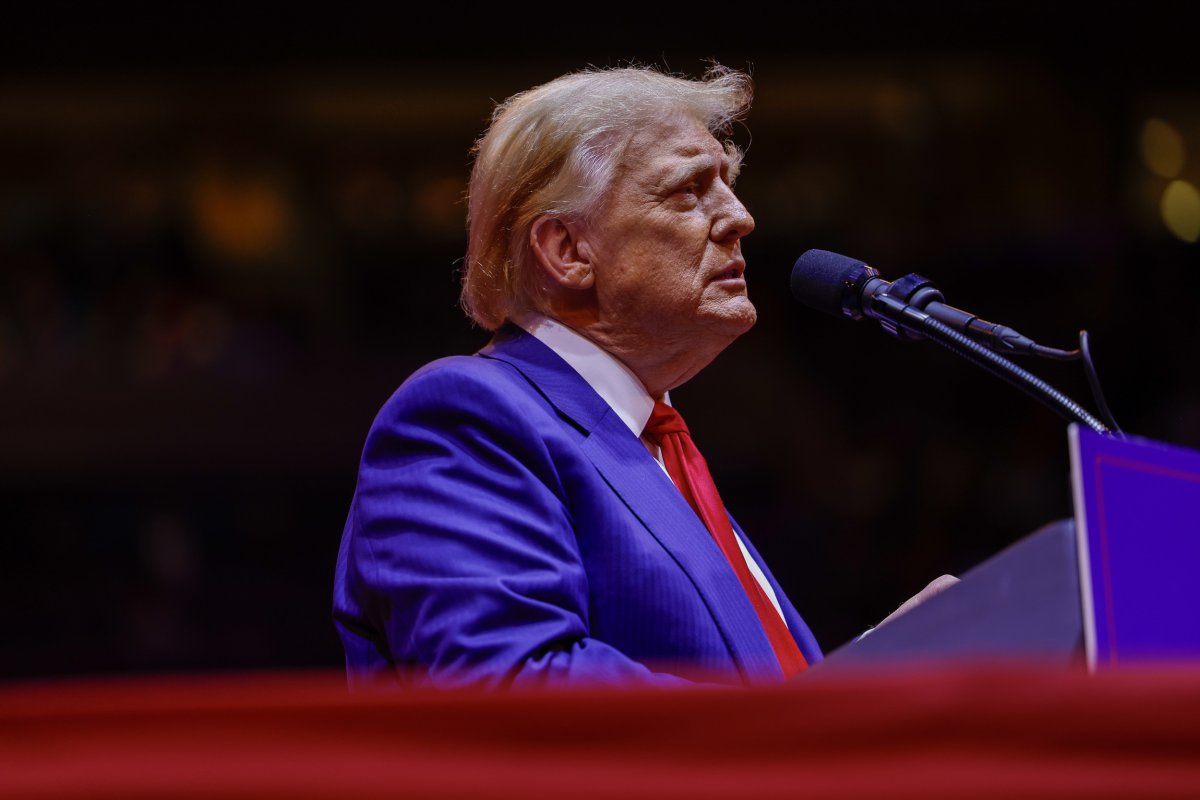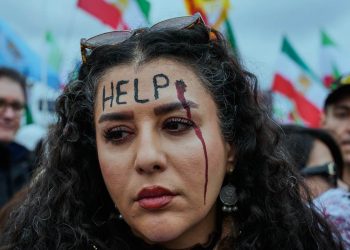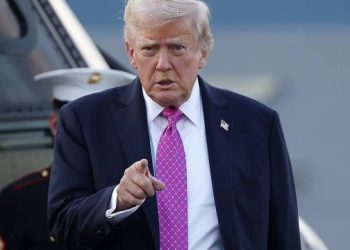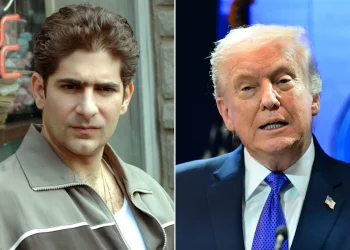Lawyers representing former President Trump are requesting a postponement of his sentencing hearing in the New York v. Trump case until after the November presidential election, citing “naked election-interference objectives.” Trump was found guilty of all counts of falsifying business records in the first degree following a six-week trial linked to Manhattan District Attorney Alvin Bragg’s investigation—an unprecedented criminal trial.
Following the U.S. Supreme Court’s ruling that a former president has substantial immunity for official acts committed while in office, Trump has moved to overturn his criminal conviction in the Manhattan case.
His initial sentencing was set for July 11—just days before the Republican National Convention where he was to be formally nominated as the 2024 GOP presidential nominee. However, Judge Juan Merchan agreed to postpone the sentencing to September 18.
On Thursday, Trump attorney Todd Blanche filed a motion to further delay the sentencing hearing. In a letter to Merchan, Blanche wrote, “The Court should adjourn any sentencing in this case, though one should not be necessary because dismissal and vacatur of the jury’s verdicts are required based on Presidential immunity, until after the 2024 Presidential election.”
Blanche argued that the case “should be dismissed” and highlighted that Vice President Kamala Harris, as the Democratic presidential nominee, and her running mate, Minnesota Governor Tim Walz, as the Democratic vice presidential nominee, “wrongly referred to this case in a public speech.” Blanche also referenced Merchan’s daughter’s employment at Authentic Campaigns, which represents prominent Democratic candidates.
Blanche noted, “Sentencing is currently scheduled to occur after the commencement of early voting in the Presidential election. By adjourning sentencing until after the election — which is of paramount importance to the entire nation, including tens of millions of people who do not share the views of Authentic, its executives, and its clients — the Court would reduce, even if not eliminate, issues regarding the integrity of any future proceedings.”
Blanche emphasized that there is no need to rush. He stated, “Setting aside naked election-interference objectives, there is no valid countervailing reason for the Court to keep the current sentencing date on the calendar. There is no basis for continuing to rush.”
He added, “Accordingly, we respectfully request that any sentencing, if one is needed, be adjourned until after the Presidential election.”
In his arguments for dismissal, Blanche contended that Bragg presented evidence of official acts during the six-week criminal trial. Blanche claimed that this included communications from the White House with staffers like Hope Hicks, Madeleine Westerhout, and others.
The Supreme Court in Trump v. United States ruled that a former president has significant immunity from prosecution for official acts carried out while in office but not for unofficial acts. The high court clarified that Trump is immune from criminal prosecution for “official acts” but left the determination of the boundary between official and unofficial acts to the lower court.
 Telegram is where we really talk. Don't miss out!
Telegram is where we really talk. Don't miss out!

